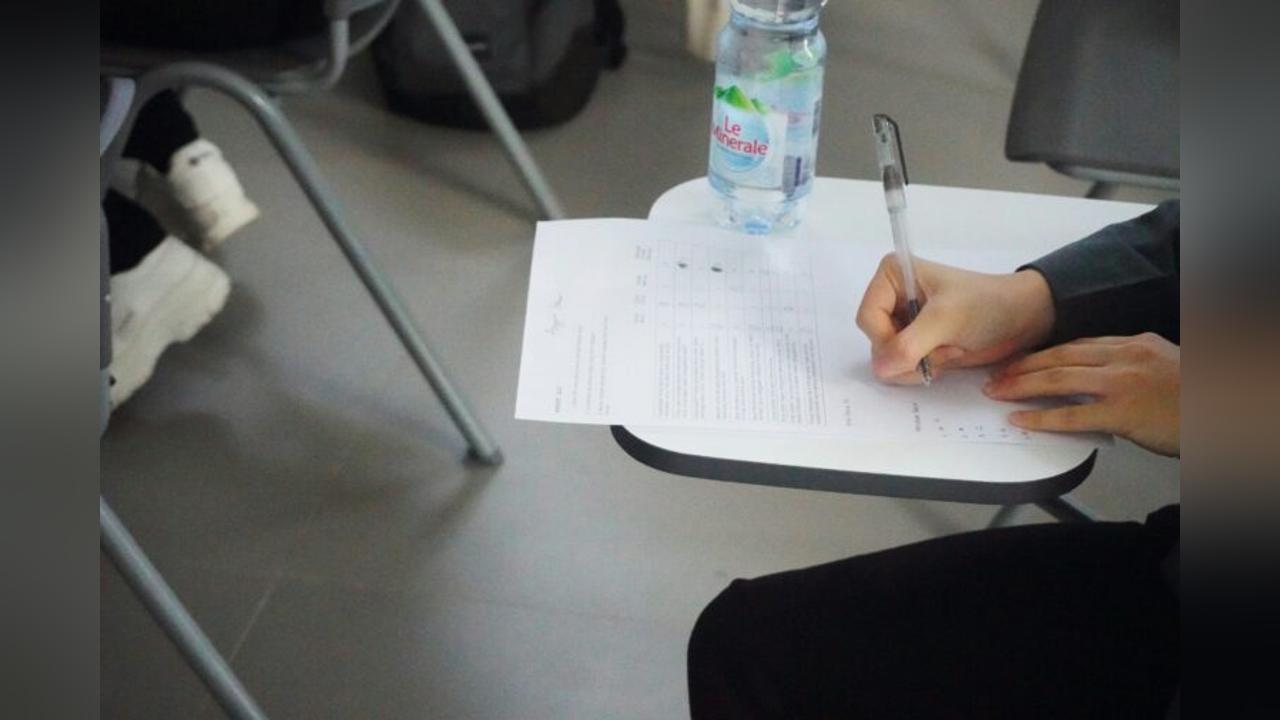Africa-Press – Botswana. South Africa’s The Invigilator has raised R195 million, about $11 million, to take its AI-based remote proctoring software into North America, Europe, Asia and the Middle East. The round was led by Channel Islands–based Kaltroco. The company plans to use the capital to scale product development, add multilingual support and build local teams in new markets.
Founded in 2020, The Invigilator represents a distinctly African approach to educational technology: designed for resource constraints yet ambitious in scope. The platform monitors students during online exams through their smartphones, using artificial intelligence to flag suspicious activity while operating effectively in low-bandwidth environments—a crucial advantage in markets where reliable internet remains patchy.
The company has evolved beyond basic surveillance. Recent product iterations include sophisticated writing-style analysis tools designed to identify assignments likely composed with generative AI, addressing a growing concern as ChatGPT and similar tools proliferate in educational settings. The platform operates at “a cost-efficient solution at a fraction of the price of full proctoring” and is “suitable for use on entry level smartphones and PC devices.”
The Invigilator’s customer base spans more than 100 institutions across Southern Africa, including established players such as Varsity College, Boston City Campus and Curro Academy Schools. This regional dominance provides a foundation, but global expansion represents a quantum leap in ambition and complexity.
The funding will accelerate development of live AI monitoring capabilities to support always-on assessment oversight—a significant technical challenge that moves beyond episodic exam supervision toward continuous academic integrity monitoring. Such capabilities would position The Invigilator within a rapidly evolving market segment where traditional boundaries between proctoring, plagiarism detection, and learning analytics increasingly blur.
The broader market context supports this expansion timing. The global online exam proctoring market is projected to reach $2.83 billion by 2031, driven primarily by the pandemic’s acceleration of remote learning adoption. Yet this growth trajectory masks significant competitive pressures and regulatory complexities.
The competitive landscape includes established American players like ProctorU (holding 11.7% market share), Examity, Honorlock, and Inspera, each with deep integration into learning management systems and substantial venture backing. These incumbents benefit from brand recognition among Western universities and compliance frameworks already adapted to American and European privacy regulations.
The Invigilator’s differentiation lies partly in its emerging-market DNA. While competitors often assume high-bandwidth environments and premium hardware, The Invigilator’s architecture acknowledges infrastructural limitations that remain common across much of Asia, Africa, and Latin America. This positioning could prove advantageous as educational institutions in these regions expand online offerings.
Yet global expansion will test more than technical capabilities. The company must navigate increasingly complex regulatory environments, particularly Europe’s General Data Protection Regulation and America’s Family Educational Rights and Privacy Act. Bring-your-own-device monitoring—The Invigilator’s core approach—invites particular scrutiny from student privacy advocates and regulators concerned about intrusive surveillance.
The technical challenges are equally formidable. AI-based detection systems frequently struggle with false positives, potentially penalising legitimate student behaviour while missing sophisticated cheating methods. Establishing reliable human review workflows, ensuring transparency in algorithmic decision-making, and maintaining data sovereignty compliance across multiple jurisdictions will require substantial operational sophistication.
Market dynamics also pose strategic questions. The US higher education proctoring market alone is estimated at $60 million, but procurement processes favour established vendors with extensive reference lists and integration partnerships. The Invigilator must demonstrate not merely technical competence but operational reliability at scale—a requirement that typically demands years of market presence.
Pricing strategy will prove crucial. While The Invigilator positions itself as cost-effective relative to full human proctoring, international markets often prioritise feature richness over affordability. The company must balance its emerging-market efficiency advantages against developed-world expectations for comprehensive functionality and premium support services.
The competitive dynamics extend beyond traditional proctoring companies. Learning management system providers increasingly embed anti-cheating capabilities directly into their platforms, potentially commoditising basic proctoring functions. Similarly, AI detection tools are becoming standard features within established educational software suites, rather than standalone services.
Success will likely depend on The Invigilator’s ability to establish meaningful partnerships with international educational technology distributors, learning management system providers, and regional university consortiums. Technical reliability matters, but market access often depends more on relationship networks than product superiority.
The company’s South African origins may provide unexpected advantages in certain markets. As educational institutions globally seek alternatives to American technology platforms amid growing concerns about data sovereignty and vendor concentration, solutions from neutral jurisdictions gain appeal. The Invigilator’s positioning as a capable non-American alternative could resonate particularly well in regions where geopolitical considerations influence technology procurement.
If The Invigilator can pair its technical reliability with lightweight deployment and regulatory compliance, it possesses a credible path to international success. The question remains whether a company built for African constraints can adapt to global expectations without losing the cost efficiency and accessibility that represent its core competitive advantages. The next eighteen months will reveal whether emerging-market innovation can successfully scale beyond its origins.
For More News And Analysis About Botswana Follow Africa-Press






